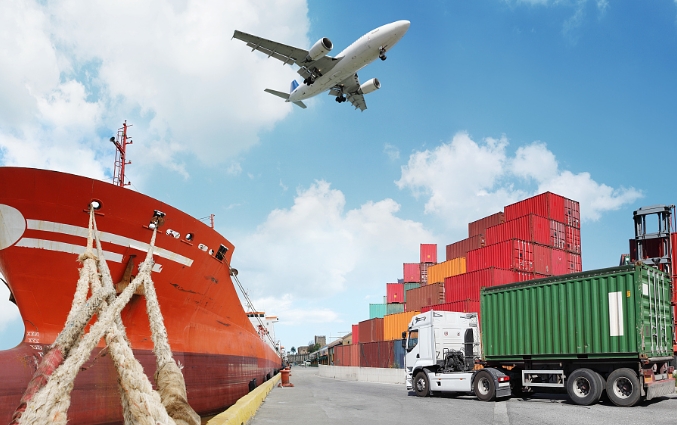Transportation plays a vital role in our modern society, enabling the movement of people and goods across various distances. However, this essential aspect of our daily lives is not without its challenges. In this blog post, we will delve into the multifaceted problems of transportation, exploring the intricacies and offering insights into potential solutions.
- Traffic Congestion:
One of the most pressing issues in transportation is traffic congestion. As urban areas continue to grow, the number of vehicles on the road increases, leading to gridlock and significant delays. This problem not only affects individuals' daily commutes but also has adverse effects on the economy and the environment. Innovative solutions such as intelligent transportation systems, congestion pricing, and promoting alternative modes of transportation can help alleviate this issue. - Inadequate Infrastructure:
Insufficient infrastructure is another significant problem that hampers transportation efficiency. Aging roads, bridges, and public transportation systems pose safety risks and limit capacity. Investment in infrastructure development is crucial to address this issue, ensuring the smooth flow of traffic and enhancing connectivity between regions. Additionally, incorporating smart technologies and sustainable design principles can contribute to creating a more resilient and efficient transportation network. - Environmental Impact:
Transportation is a significant contributor to greenhouse gas emissions and air pollution. The reliance on fossil fuels in traditional transportation modes, such as cars and airplanes, exacerbates climate change and poses health risks. Transitioning to cleaner and more sustainable alternatives, such as electric vehicles, biofuels, and improved public transportation systems, can mitigate the environmental impact of transportation. - Accessibility and Equity:
Transportation accessibility and equity are critical considerations. In many regions, certain communities face limited access to transportation options, leading to social and economic disparities. Enhancing public transportation networks, implementing inclusive design practices, and ensuring affordability can help bridge these gaps, providing equal opportunities for all individuals to access education, employment, and essential services. - Safety Concerns:
Transportation safety remains a paramount concern. Road accidents, train derailments, and aviation incidents pose risks to human lives and property. Employing advanced safety technologies, improving driver training, and enforcing stringent regulations are essential to enhance transportation safety. Additionally, promoting public awareness campaigns and encouraging responsible behavior can contribute to reducing accidents and improving overall safety.
Conclusion:
The problems of transportation are multifaceted and require comprehensive solutions. By addressing issues such as traffic congestion, inadequate infrastructure, environmental impact, accessibility, and safety concerns, we can pave the way for a more efficient, sustainable, and equitable transportation system. Embracing innovation, investing in infrastructure, and fostering collaboration between public and private sectors are key to overcoming these challenges and shaping the future of transportation.

